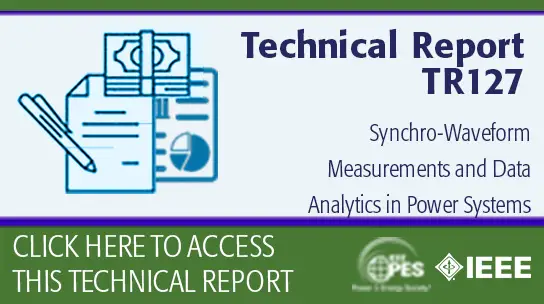Current Resource Adequacy Techniques and Shortcomings: Mitigation Strategies and Need to Include Extreme Events in this Analysis
A. Tuohy, C. Dent, G. Stephen, S. Murphy
-
Members: FreePES
IEEE Members: $25.00
Non-members: $40.00Pages/Slides: 47
Panel
18 Jul 2022
The power industry currently relies on planning methods that underestimate the probability and consequences of loss-of-load events. Power supplies are vulnerable to the increasing frequency of severe weather events (polar vortex, wildfires, etc.), constraints on fuel availability, and correlated changes in the output of meteorologically dependent resources. Current resource adequacy and security analysis methods assume independent asset failures with invariant asset outage probabilities. Consequently, they do not adequately recognize the probability of correlated impacts on the output of multiple resources; accurately measure the frequency or severity of loss-of-load events; or fully account for their economic, public health and safety impacts. While resource adequacy and security analysis modeling methods have always been challenged by correlated failures, the potential for correlation has grown immensely with increased adoption of variable generation technologies and natural gas. Active load participation further introduces uncertainties.
Chairs:
Surya Chandan Dhulipala
Primary Committee:
Power System Operation, Planning, and Economics (PSOPE)
Sponsor Committees:
Bulk Power System Planning Subcommittee



